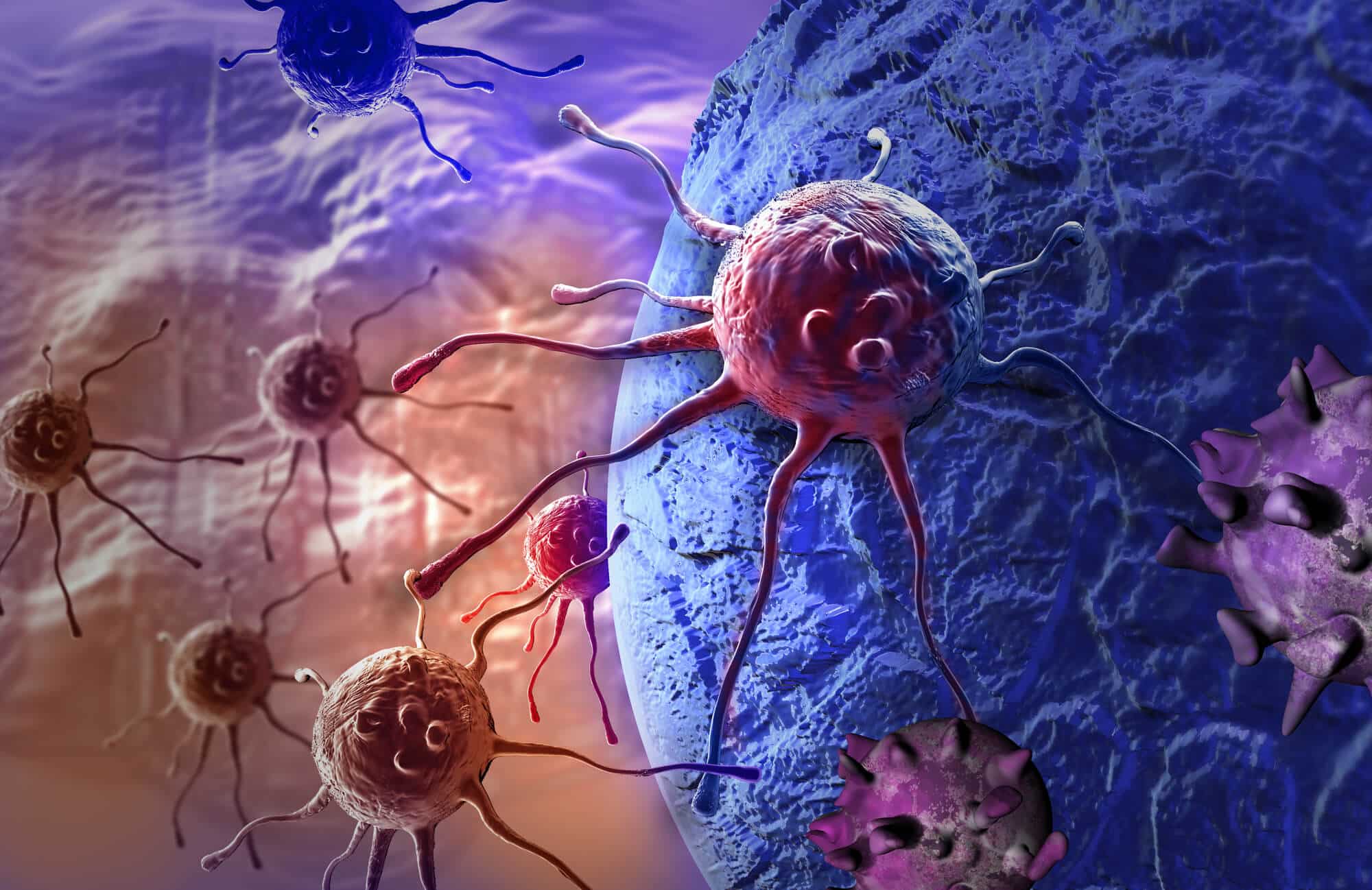The technology, based on the Nano-Ghosts platform, makes it possible to reduce the dose of the drug a million times without harming its effectiveness

Researchers at the Faculty of Biotechnology and Food Engineering at the Technion have developed a technology that inhibits the development of melanoma using one millionth of the active ingredient. the research which was published in Advanced Functional Materials Led by the dean of the faculty Prof. Marcel Mahlouf and the doctoral student Lior Levy.
Immunotherapy in action. The current development is a significant breakthrough in the field of immunotherapy - an innovative medical approach that has become one of the most promising trends in cancer medicine. This approach is based on the ability of the natural immune system to destroy cancer cells. This system knows how to do this more specifically and precisely than artificial anticancer drugs. However, since the cancerous tumor is heterogeneous and elusive, it sometimes knows how to fool the immune system - and this is where science comes into the picture, with new tools that help the immune system deal with this challenge.
proteinTRAIL . At the heart of the new development is a protein called TRAIL that exists in the natural immune system and is able to induce apoptosis (intentional suicide) of cancer cells. In other words, it is a tumor-killing factor (TNF). Another advantage: it is selective, meaning it only affects cancer cells - a very desirable feature in anti-cancer treatments. The application of TRAIL in immunotherapy has so far encountered various technical challenges, including the absorption of the protein in the body, its movement (pharmaco-kinetics) and the fact that it does not survive for a long time. The present study provides an answer to these problems.
Nano-Ghosts technology. The development presented in the article by the Technion researchers is based on an original technology developed by Prof. Mahloof during her years of work at the Technion: the Nano-Ghosts platform. The platform is produced by emptying specific biological cells (mesenchymal stem cells) in such a way that only the cell membrane remains. Any drug can be inserted into this membrane and sent by injection directly into the blood system. Since the natural immune system treats these cells as natural cells, it sends them to the infected site. On their way there, they do not release the drug and therefore do not damage the healthy tissues. Only when they reach the malignant tissue, which they know how to identify, they break down and inject the drug into the tumor cells.

integration. The current study combines the three previous sections: the immunotherapy concept, the TRAIL protein and the Nano-Ghosts technology developed by Prof. Mahloof. The result: a drug-launching-platform on the outer layer of which is the active protein, which makes it possible reduce the dose of the drug a million times while maintaining the same medicinal effect.
According to Prof. Mahloof, "this combination turns the Nano-Ghosts platform from a 'taxi' that transports the drug to the target into a real 'tank' that participates in combat. This integrated platform brings the drug to the cancerous tumor, and as mentioned allows to significantly reduce the dose of the drug and still do the job. We also showed that our method does not damage healthy cells."
The technology was demonstrated on cells in the laboratory as well as on human cancer cells in mice. The researchers estimate that the new strategy, demonstrated in their study in a model of melanoma cancer, will be effective Also in other types of cancer.
More of the topic in Hayadan:
- New avenues in medicine
- The National Statistician criticizes the survey to check the incidence of Corona "reliability must not be replaced by convenience"
- on eyes and intestines
- A nanometer system for transporting drugs to treat children with cancer
- New mechanisms that malignant cells develop to overcome anticancer drugs

One response
The question is when and if, really, they used it. There were many "breakthroughs" in the evening that we don't see being used